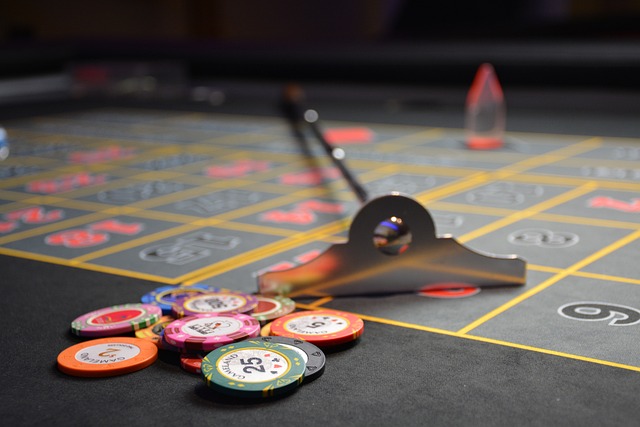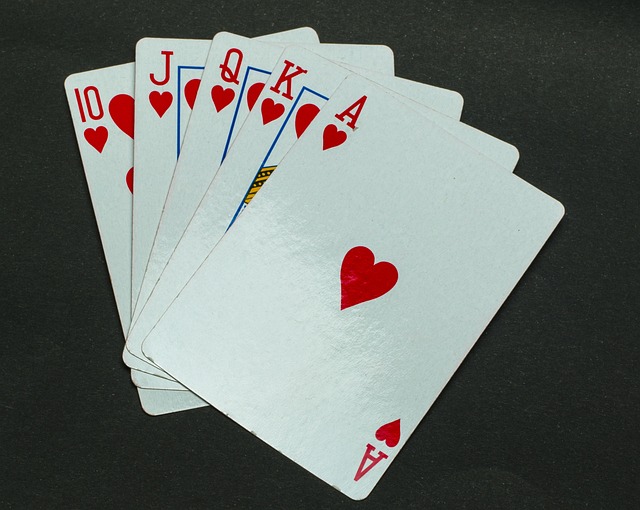Gambling has been a part of human society for thousands of years, and the United States is no exception. National Casino has played a significant role in American culture and history, from the early days of colonialism to the present day. In this article, we will explore the history of gambling in the United States, from its earliest days to the modern era.
Colonial Times
Gambling was prevalent during the colonial era, with games such as dice, cards, and lotteries being popular pastimes. Lotteries were used as a means of raising funds for public projects. Such as the construction of roads, bridges, and other infrastructure.
One of the most famous colonial-era lotteries was the one used to fund the construction of Faneuil Hall in Boston, Massachusetts. The lottery was so successful. It became a model for other colonies, and lotteries became a popular means of funding public projects throughout the United States.
19th Century

The 19th century saw a significant increase in the popularity of gambling, particularly in the form of card games. Poker, which originated in the United States, became one of the most popular card games in the country. Gambling houses (known as saloons) sprang up in cities and towns across the country.
However, gambling was not without its detractors. Many people saw gambling as a moral vice and a threat to social stability, and various groups sought to outlaw or restrict gambling. By the end of the 19th century, several states had enacted laws against gambling, although enforcement was often lax.
20th Century
The 20th century saw a significant expansion of gambling in the United States, particularly with the legalization of various forms of gambling. In 1931, Nevada became the first state to legalize casino gambling, and Las Vegas quickly became a hub for gambling and entertainment.
In the decades that followed, other states followed suit, legalizing various forms of gambling such as lotteries, horse racing, and sports betting. The rise of Native American casinos also played a significant role in the expansion of gambling in the United States.
However, gambling was not without controversy. Many people saw gambling as a moral issue, and there were concerns about problem gambling, organized crime, and the social costs of gambling. As a result, various groups sought to restrict or regulate gambling, with varying degrees of success.
Modern Era

Today, gambling is a multi-billion dollar industry in the United States, with a wide variety of forms of gambling available. In addition to traditional forms of gambling such as casino games and sports betting, online gambling has become increasingly popular in recent years.
Despite its popularity, gambling remains a controversial issue, with ongoing debates about the social and economic costs of gambling, as well as concerns about problem gambling and addiction.
In conclusion, gambling has been a part of American culture and history for centuries, from the colonial era to the present day. While attitudes towards gambling have varied over time, it has remained a popular pastime and a significant industry in the United States.
